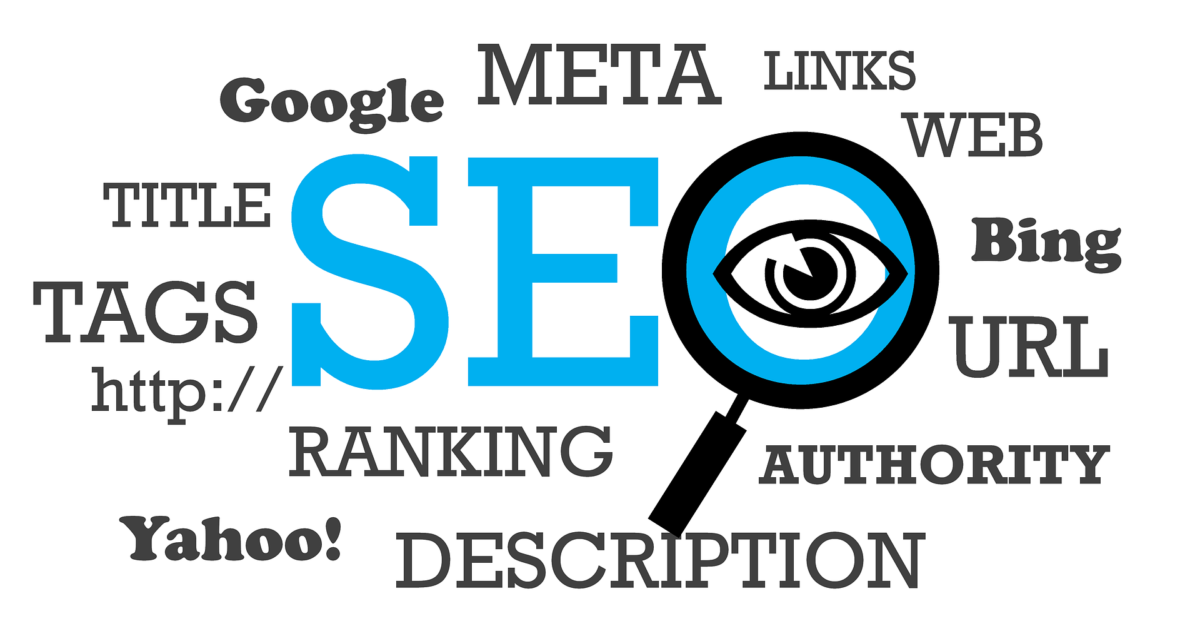Website Optimization
What is website optimization and how will it help your website? It is a set of actions that can help you to improve the user experience, traffic, and conversions on your website. There are different ideas on what makes optimization work. Most people think that using targeted keywords will boost the ranking for reaching specific search terms. This can help and is useful, but it is not enough on its own.
Optimization is important because it can improve your website’s performance across different areas such as conversion rates, web traffic, and usability. You could talk to Abbotsford web design company, and they can help you to increase your presence on the internet. They can help you to understand website optimization and web design.
This article will give you some strategies that you could use to optimize your website. It can give you some ideas that you might not have thought of before.
Strategies
-
Search Intent
The Google Core Algorithm will put more weight into the newer options such as machine learning, deep learning, and artificial intelligence as these continue to grow. As the end result you want Google to understand what is being asked for and to give the consistent results that the user is looking for. Because of this advanced-level keyword selection and research are more important.
The relevance of a keyword’s context must align with the search query. Even so, some of those keywords may be impossible to rank.
-
Technical SEO
You need good website architecture to have a solid foundation for technical SEO. Read here to learn more about technical SEO: https://thedigitalxx.com/what-is-technical-seo/. You can’t just publish a series of random posts and pages; you will need to find a way to guide your users throughout your site which will make it easier for Google to crawl through and index your pages. Once you have that architecture, you will need to do an audit of your pages. This is an easy thing to do with all the SEO tools that are available.
You should check for the following: status code errors – if you find them, fix them, robot.txt for mistakes – optimize if you need to, your site index using Google Search Console and fix any issues that you might find, fix any title tags that are duplicates, as well as meta descriptions, audit your website content, and fix any broken links.
-
User Experience
User experience, or UX, is centered on gaining any insight into your users, such as their needs, values, their abilities, and all their limitations. This also takes business goals and objectives into consideration. You need to look at the following for factors that might influence UX:
- Useful – Your content needs to satisfy a need and be different from everyone else.
- Usable – You need to have a website that is easy to navigate and use.
- Desirable – You should evoke emotion and appreciation with your design elements and your brand.
- Findable – You want to make your site easy to find by integrating design and navigation elements.
- Accessible – You want your content to be accessible – even to those who have disabilities.
- Credible – You want your site to be believable and trustworthy.
- Valuable – You want to be valuable to the users by providing information about your experience.
-
Mobile First

You want to make sure that your website is set up for mobile users. There are more mobile users than ever, and many of them don’t use desktops. There are some things that you can do to make your site more mobile-friendly.
- Make sure that your site is friendly to any device – mobile, desktop, and tablet.
- Make sure that you scale your images when you are using a design that is responsive, especially for users of mobile devices.
- Use shorter titles that can be easier to read for mobile users.
- You don’t want to use pop-up ads – especially those that cover your content when mobile users are on your site.
- Use less material that is easier to read for users of mobile devices.
- You want search engines and users to see the same information – don’t use mobile devices be an excuse for cloaking.
-
Core Web Vitals
This is a new way to quantify the essential metrics for a healthy website. This is one way that Google can deliver the best consumer experience. These metrics will include focusing on each unique part of the user’s experience and measuring and quantifying objectives that focus on the outcome. There are also a few different tools that you can use to do this, you can research and find out what those are.
-
Schema
A schema is a description that is a small snippet that shows up in search results. All the leading search engines support the use of these snippets. The best value that you get from the schema is that it can provide context for your website. Read more about schema here when it comes to search engines. It is an interesting subject that can help your search engine results.
-
Content Marketing
There will be a lot of content added to the internet each year – about 97 zettabytes of data. That equals 18.7 trillion songs that is downloaded each year. You want to break through all that clutter by creating a content hub that is in the form of a resource center. You can also do this by filling your resource with all kinds of useful information. You can also do this by writing spoke pieces that are related to your resource hub.
-
Link Building

Adding links to your content remains one of the most important ranking factors. Google has gotten better at removing spammy links, so you want to make sure that your links are reputable links and not spam. This means that quality will always be better than quantity – in other words, you want just a few quality links and not dozens of spammy ones.
Conclusion
You want to make sure that your website is on the first page of search engines. You can do this by following the above suggestions and by researching to find even more suggestions. Look at sites that appear on the first page of the search engines and see what they are doing right.














